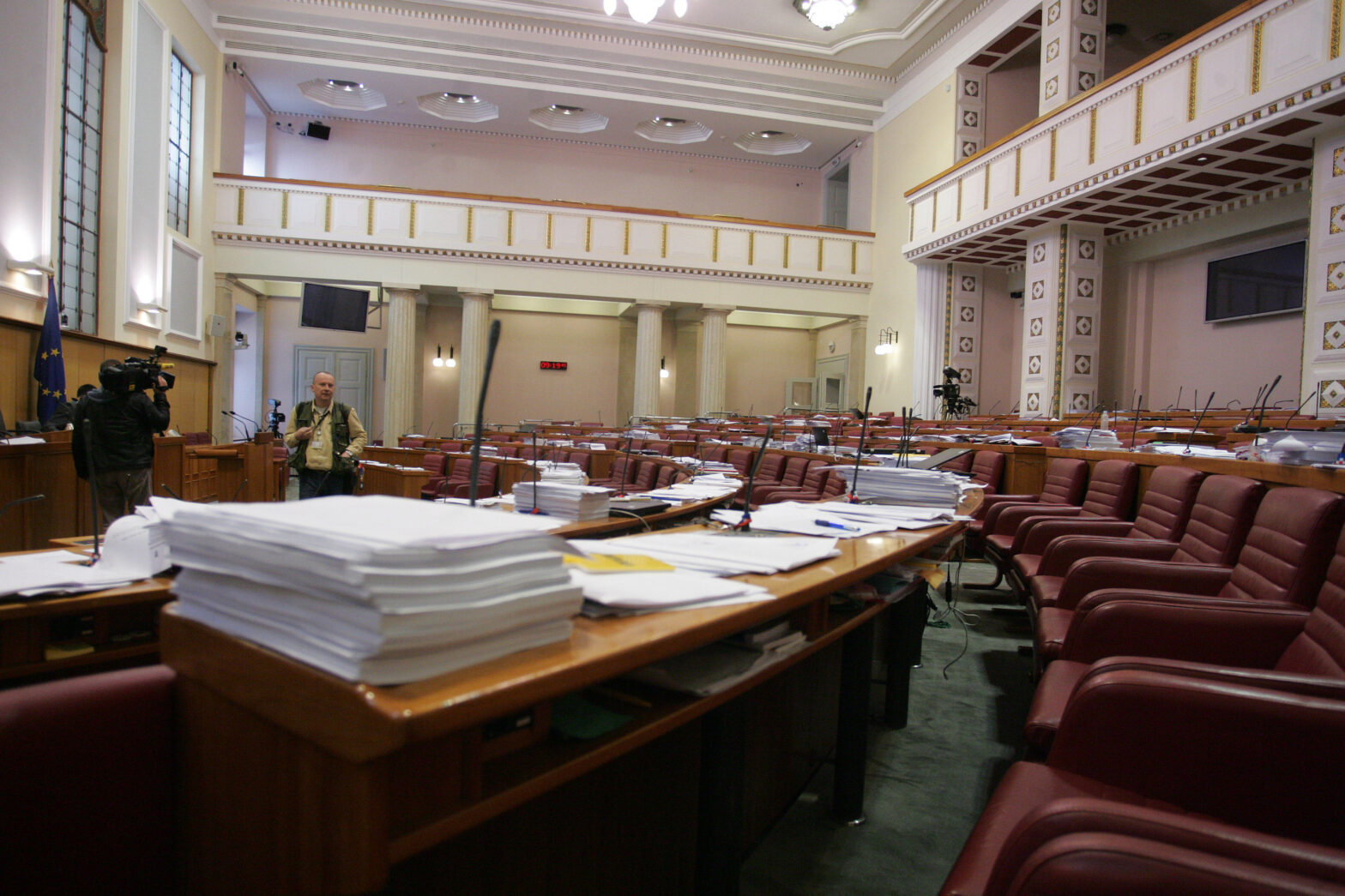At the Elections of representatives to the Croatian Parliament on November 23, 2003, citizens of the Republic of Croatia were electing 140 representatives in 10 constituencies in the Republic of Croatia (I-X), up to 14 representatives of the voters without permanent residence in the Republic of Croatia (XI) and 8 representatives of national minorities (XII). Elections were conducted at 6 795 polling stations in Croatia and 155 polling stations abroad.
At the Elections of representatives to the Croatian Parliament on November 23, 2003, citizens of the Republic of Croatia were electing:
– 140 representatives in 10 constituencies in the Republic of Croatia (I-X)
– up to 14 representatives of the voters without permanent residence in the Republic of Croatia (XI)
– 8 representatives of national minorities (XII)
4 371 608 voters were registered in voters’ lists.
3 578 715 voters were registered in constituency voters’ lists, while 393 844 voters were registered in voters’ lists for national minorities. 399 049 voters were registered in voters’ lists for voting abroad.
Elections were conducted at 6 795 polling stations in Croatia and 155 polling stations abroad.
Elections were monitored by 3000 GONG observers at polling stations and by 63 mobile observer teams that visited another 1004 polling stations where there were no GONG observers present or where there were some irregularities reported. This means that 55 per cent of polling stations in the Republic of Croatia were covered. GONG observers were also monitoring the elections in the Diplomatic and Consular offices of the Republic of Croatia in Paris, Vienna, Kotor, Bucharest, Stuttgart and The Hague.
GONG’s general assessment is that the Elections of representatives to the Croatian Parliament were conducted in accordance with the election legislation although there were some problems with the voting of members of national minorities, voters’ lists, and violations of election silence. The level of polling committees’ professionalism and understanding of the election procedures ranged from extremely low to high. Irregularities that were noticed were successfully removed in cooperation with election administration bodies.
Election regulation is still not satisfactory and it caused many problems and irregularities in the conduct of the elections, as well as objections from voters, candidates, observers and the media.
Read full report here (127 KB)
